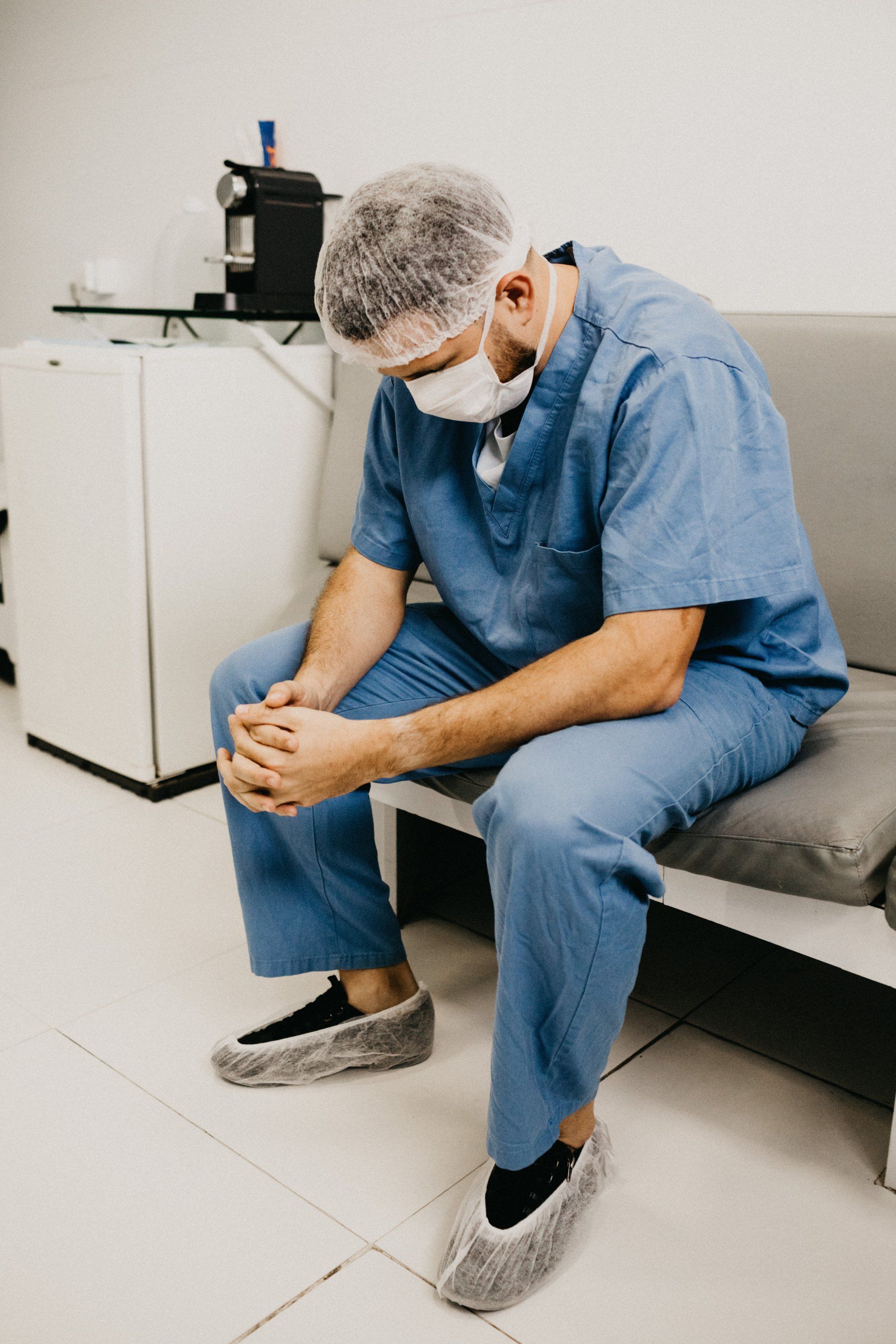How to cover the cost of your master’s degree in nursing
While the salary you can snag after getting your master’s degree in nursing may be high, the initial expense can be costly. Most programs last one to two years, and Nurse Journal estimates that the cost of a master’s degree in nursing (MSN) can range from $35,000 to $70,000, with some schools charging up to $100,000.
Demand for nurses with advanced degrees is growing; jobs for nurse practitioners, nurse midwives, and nurse anesthetists are expected to grow 45% from 2020 to 2030. And there are some new avenues for students to get the cost of their MSN degree reimbursed. Last November, the U.S. House of Representatives included $500 million for schools of nursing in underserved areas in the Build Back Better Act, acknowledging the need for more nurses with better resources and higher education.
That means if you’re looking to get your master’s degree in nursing, you may be able to get the cost of your MSN degree reimbursed—in full or partially. Read on for some of your options for financial support.
Sizable scholarships and grants can make a difference
The high demand for more nursing professionals has inspired many institutions and organizations to develop grant and scholarship programs for those pursuing advanced degrees in the field. The following scholarships grant awards of $10,000 or more to qualifying professionals.
- Advanced Practice Healthcare scholarship. This scholarship is offered by the California Department of Health Care Access and Information (HCAI) and grants financial assistance to prospective nurse practitioners, clinical nurse specialists, and nurse midwives attending a program approved by California Board or committee-approved program. Students who are selected can receive up to $25,000 and will spend 12 months practicing full-time in a medically underserved area.
- Air Force Health Professions scholarship program. Funded by the Air Force, this scholarship program is designed for nurses seeking a graduate degree who want to become a nurse practitioner. The Air Force covers tuition and book fees and provide the scholarship winner with a monthly stipend—amounting to up to $45,000 per year, plus a $2,000 monthly stipend. In return, students will commit to serve as active duty in the Air Force, serving one year for every one year of scholarship.
- Tylenol Future Care Scholarship. The company awards 35 scholarships to students pursuing an advanced degree in health care; 10 scholarships in the amount of $10,000 and 25 scholarships for $5,000. Applicants must be a U.S. resident and a graduate student or college senior enrolling in a graduate program.
- Nurses Educational Funds, Inc. (NEF) Scholarships. NEF scholarships are available to those students who are a member of a national professional nursing association and are pursuing a master’s degree in nursing. Scholarship amounts range. All applicants need to have at least two semesters of study remaining after being notified about winning an award.
- AfterCollege/AACN $10,000 scholarship fund. This scholarship fund supports students who are seeking a baccalaureate, master’s or doctoral degree in nursing and offers a $10,000 scholarship, with $2,500 awarded each quarter. Those students seeking to become nursing faculty or are in RN-to-MSN programs may receive special consideration.
- National Association of Hispanic Nurses scholarships. NAHN scholarships are awarded annually to active members enrolled in accredited licensed practical nurse, associate, diploma, baccalaureate, and graduate degree nursing programs. Scholarship offerings range from $1,000 to full tuition coverage. Some NAHN scholarships require separate applications.
- ENA Foundation Academic scholarships. There are opportunities for more than 30 scholarships for emergency nurses pursuing a master’s degree in nursing administration, nursing education or public health or who are getting a master’s to become a nurse practitioner.
Already have your degree? Look into loan repayment programs
One avenue to eliminating graduate degree-induced debt is to apply for a loan repayment program. While this list is non-exhaustive, the following government-funded programs cover most (if not all) of outstanding student loan debt in exchange for servicing medically underserved regions.
- Nurse Corps Loan Repayment Program. This payment program will cover up to 85% of unpaid nursing education debt for registered nurses, advanced practice registered nurses (nurse practitioners, nurse midwives, nurse anesthetists), and nurse faculty. Award recipients must work for two years in a critical shortage facility or an eligible nursing school as nurse faculty.
- Indian Health Service. Supported by the National Health Service Corps, the IHS helps clinicians repay their eligible health profession education loans in exchange for two years of service in health facilities serving American Indian and Alaska Native communities. The IHS will pay up to $40,000, and nurses don’t need to be of American Indian or Alaska Native heritage to qualify.
- National Health Service Corps Loan Repayment Program. Nurses who commit to working at an approved location for at least two years can receive loan repayment assistance from this program. Nurse practitioners, including those practicing in the adult, family, pediatric, women’s health and geriatrics fields, are eligible. Certified nurse-midwives are also eligible. Sites must be located in designated health professional shortage areas. Award winners who commit to full-time service can earn up to $50,000 over two years and those who commit to half-time service can earn up to $25,000 for two years.



